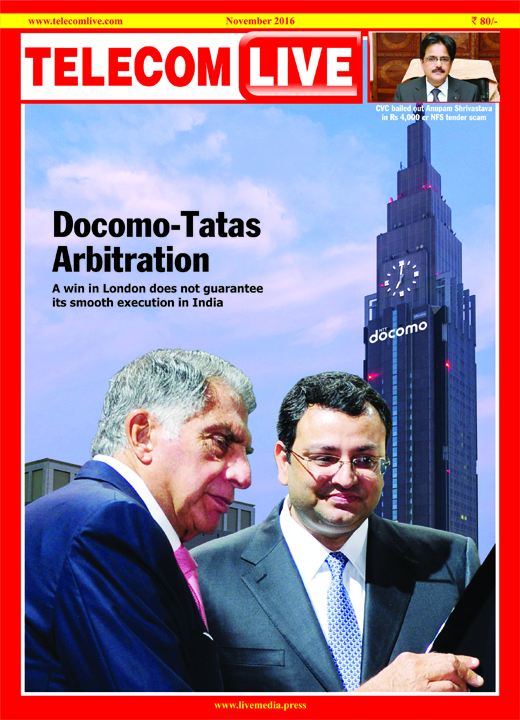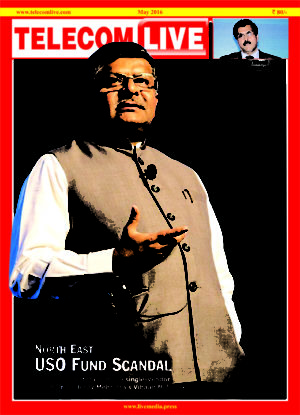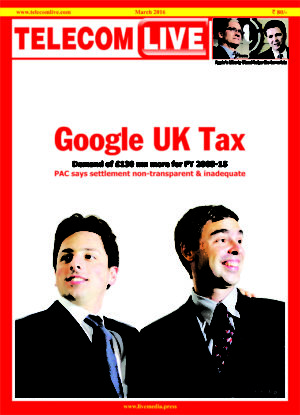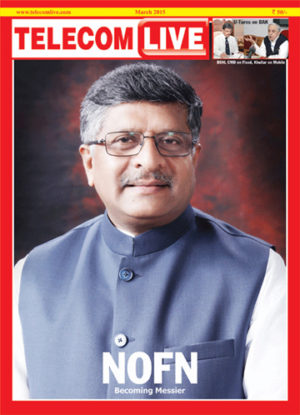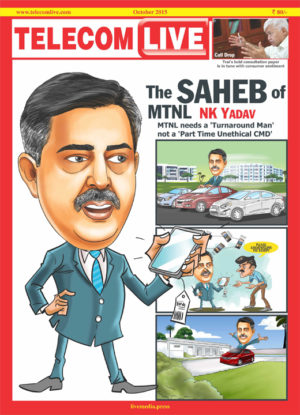The outcome of Docomo-Tata legal dispute will be watched keenly and it will have a seminal impact on future investor-company relations because involved in it are the key questions of contractual inviolability, national regulations and the role of the government. The handling of l’affaire Docomo by Cyrus Mistry was considered un-Tatas like and was flagged as one of the reasons for his removal as chairman of Tata Sons. So what happened?
In 2007-08, TTSL was scouting for a strategic partner. Discussions were held and after the technical fulfillments including the FIPB approval for investments, TTSL and Docomo signed the SHA in February 2009. Docomo paid a total of Rs 12,746 crore and was allocated shares at Rs 116.09/share.
However, it appears from the SHA that Docomo did not want to get mired if the company fared badly, and therefore built-in an exit option linked with the achievement of some performance milestones for the period, March 31, 2012 and March 31, 2014.
It wanted ‘downside protection’ at the time of exiting. And it wanted 50 per cent of its investment back. Docomo was aware that its requirement could hit a regulatory roadblock because of linkage with share price behaviour at the time of exit. Therefore, the SHA was structured in a manner that the Tatas themselves committed to protect Docomo’s downside through indemnification and reimbursement clauses. Tatas were also to find a buyer for the Docomo stake.
TTSL tripped badly on performance targets and Docomo wanted its way out. The search for a buyer for Docomo’s stake at the exit price resulted in a naught. TTSL’s prevalent share price was much less than the stated exit price. And in this case, Tatas were bound to acquire Docomo shares and also indemnify them.
In the meantime, just a day before the present government was sworn in, on May 23, 2014, the RBI issued a notification saying that no assured exit price could be guaranteed to foreign investors at the time of investments made, and all exit shall be determined by the price prevalent at the time of the exit.
Thus, when the Tatas application reached the RBI, opinion was divided about the application of the regulation and RBI sought finance ministry’s guidance, which held that the rules could not be changed for one company.
Docomo filed an arbitration case in LCIA. Both sides put forth several arguments. The Award went in favour of Docomo. Now, Docomo has filed a case before the Delhi High Court for the execution of the Award. Tatas have submitted Rs 8,450 crore in the court in the form of FDRs. That is where the matter rests presently. And the verdict will be watched and read far and wide. But, that’s another story.
